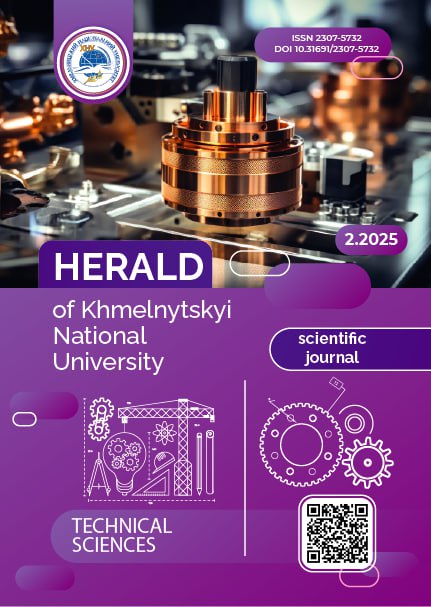ENHANCING THE EFFICIENCY OF UAV-BASED SENSOR NETWORKS FOR MILITARY PURPOSES
DOI:
https://doi.org/10.31891/2307-5732-2025-349-38Keywords:
wireless sensor networks, sensor fields, UAV, adaptive routing, machine learningAbstract
In this paper, analyzes wireless sensor networks for their use in unmanned aerial vehicles for military purposes. It is established that increasing the efficiency of UAV-based sensor networks for military purposes requires an integrated approach that combines adaptive routes, energy-efficient algorithms and modern machine learning technologies. Successful implementation of these methods will allow for operational data collection and analysis in the most difficult combat conditions. Integration, namely machine learning, allows significantly increasing the efficiency of military operations, reducing risks for military units and improving strategic planning, which is the key to a quick response to enemy actions.
The features of the use of sensors for military purposes are considered, in particular, the use of a decentralized sensor network operation mode and the use of geographical coordinates of nodes for effective routing. The most optimal method is to build a geolocation sensor network with a decentralized operation mode with an adaptive algorithm for taking into account environmental factors.
It is proposed to use a deep learning recurrent neural network with a long short-term memory to estimate the signal strength at the receiver input. The complexity and realism of the sequences for estimating the signal propagation of sensor networks in space depends on the number of hidden layers and the amount of input data.
Downloads
Published
Issue
Section
License
Copyright (c) 2025 ДМИТРО МИХАЛЕВСЬКИЙ, АНАСТАСІЯ ШАЛІМОВА (Автор)

This work is licensed under a Creative Commons Attribution 4.0 International License.

